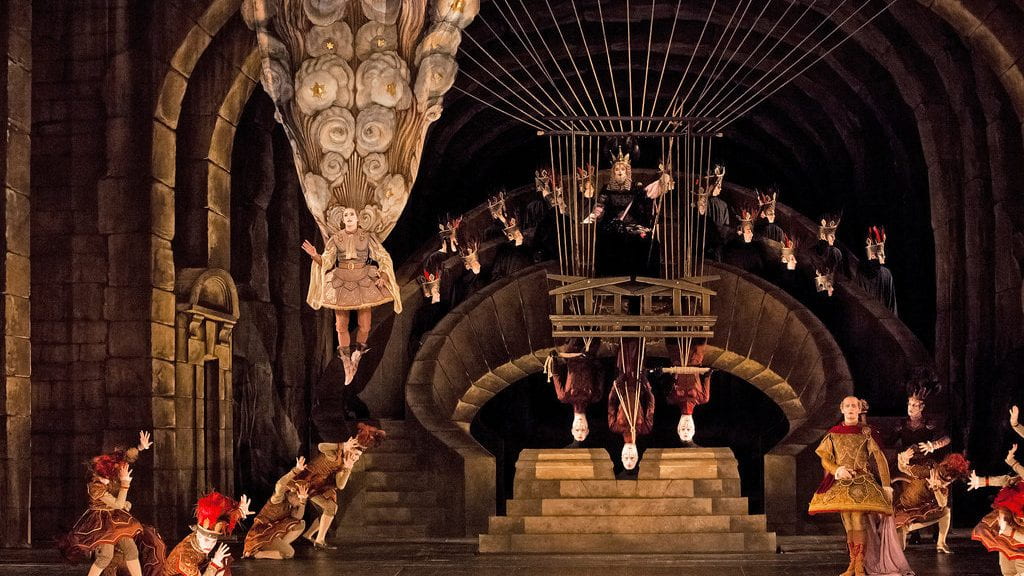Tag Theater
By guest contributor John Phipps February, 1639, and the festivities of the Roman carnival were approaching their apex. There had been processions and parades, public displays of civic and religious devotion—almost all bankrolled by the ruling Barberini family. The Barberini patriarch,… Continue Reading →
By guest contributor Jacob Romanow When people call a book “melodramatic,” they usually mean it as an insult. Melodrama is histrionic, implausible, and (therefore) artistically subpar—a reviewer might use the term to suggest that serious readers look elsewhere. Victorian novels,… Continue Reading →


